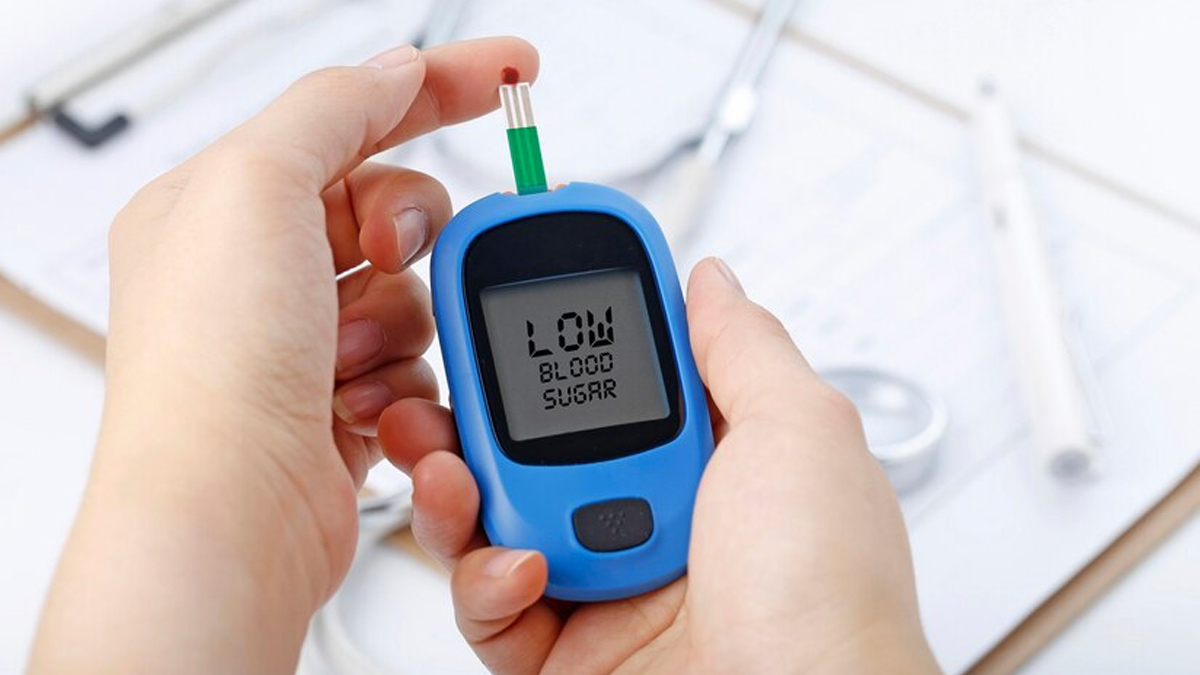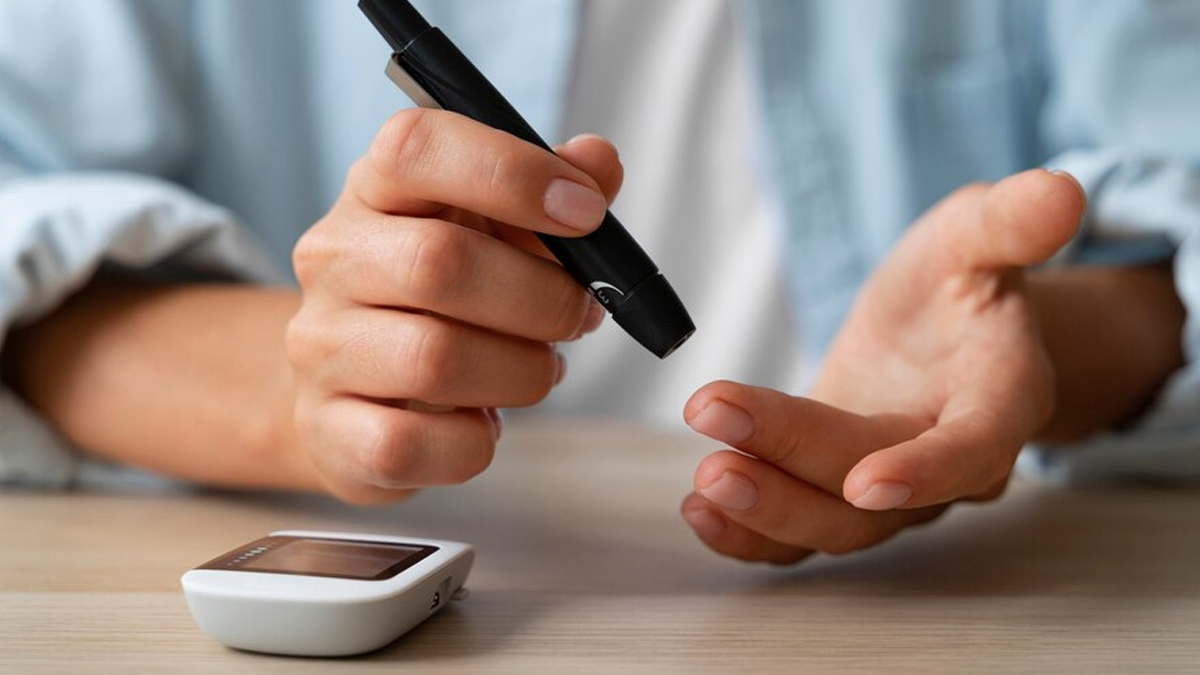
Low blood sugar levels in the body can occur due to various reasons. Also known as hypoglycemia, it occurs when your body doesn't have enough glucose or sugar in the bloodstream. It mostly occurs in patients who take diabetes medications, especially insulin, which helps their body use glucose.
Table of Content:-
Too much insulin or medications that increase insulin production can cause blood sugar to dip too low. Moreover, other factors, such as skipping meals or not eating enough carbohydrates, can contribute to it. Just as high blood sugar levels are concerning, similarly, low blood sugar should not be overlooked as it can lead to complicated symptoms, including loss of consciousness.
Also Read: Low Blood Sugar Without Diabetes: Causes Of Reactive Hypoglycemia
What is Hypoglycemia?

Blood sugar levels fluctuate throughout the day. However, a normal range of blood sugar levels in healthy individuals is between 70 and 140 milligrams per deciliter (mg/dL). When and if it falls below 70 mg/dL, it's considered low blood sugar.
However, according to StatPearls Publishing, signs and symptoms may not occur until blood sugar levels drop below 55 mg/dL.
Common Symptoms To Note
Speaking with the OnlyMyHealth team, Dr Vishwanath S, Consultant Endocrinologist, Apollo Clinic, Marathahalli, Bengaluru, says that hypoglycemia symptoms worsen as blood sugar levels continue to drop.
In the initial stages, this is also called autonomic symptoms or adrenergic symptoms, which include headaches, palpitations or increased heart rate, and tremors of the hand, similar to what we feel when we are hungry, he says, adding that this behaviour makes people hungry and increases their cravings for food. If the demands are not met, then it leads to a condition called neuroglycopenia, where the brain starts to shut down its function. Hence, it causes symptoms, such as confusion, gait abnormalities, slurring of speech, seizures, and unconsciousness, if severe.
Why Low Blood Sugar Causes Loss Of Consciousness

If one experiences a sudden blackout, accompanied by sensations of unease and unsteadiness, low blood sugar might be the reason why this happens, Dr Basavaraj S Kumbar, Consultant-Internal Medicine, Aster Whitefield Hospital, Bengaluru, tells the OnlyMyHealth team.
“Low blood sugar, which is also called hypoglycemia, occurs when the sugar level in your blood dips. This happens as glucose is the main source of energy in the body, and a lack of it can disrupt the regular functions of your body,” he explains.
He further highlights that when blood sugar levels drop very low, especially in severe cases of hypoglycemia, the brain might not get enough glucose to stay awake. This could cause a brief loss of consciousness or fainting.
However, once blood sugar levels are restored to normal through treatment, consciousness typically returns relatively quickly, he shares.
Also Read: 8 Warning Signs Of Low Blood Sugar Levels
Immediate Steps To Take

According to Dr Kumbar, a quick fix for low blood sugar can be eating a cookie or something sweet, not in excess but just enough to quickly raise blood sugar levels and alleviate symptoms.
Dr Vishwanath recommends eating 10 grams of sugar or any available sugary food to counter the low sugar levels.
“In cases of severe hypoglycemia, where a patient might not be in a position to get up and eat, is having a seizure, or is unconscious, they may need intervention by a bystander or a family member to eat or drink sugary foods,” he says.
Other measures to take include:
- Checking the blood sugar levels after 15 minutes; if the levels are still below normal, eating or drinking food that contains 15-20 grams of sugar may help.
- Repeating the process until the blood sugar levels are stable.
- In patients who have severe hypoglycemia or diabetes, medical attention should be sought if the condition persists.
- After the condition is stable, the person should have healthy and nutritious food to help maintain their blood sugar levels and prevent further episodes of low blood sugar.
How To Manage Blood Sugar Levels
Here are some steps to manage blood sugar levels, particularly in diabetic patients:
- Eating a balanced diet, which includes fruits, vegetables, whole grains, lean meats, and good fats
- Avoid eating too many sugary or processed foods.
- Mindful consumption of carbohydrates that have fibre, like whole grains
- Drink lots of water to stay hydrated.
- Regular monitoring of blood sugar levels
- Keeping fast-acting sugars handy
Conclusion
Loss of consciousness can occur due to several reasons, including low blood sugar levels, especially in people with diabetes. It is important to recognise the signs and take proactive measures to avoid further complications. According to experts, in the event of confusion, weakness, dizziness, and, in severe cases, loss of consciousness, the first step is to give the person food or drinks that are fast-acting sugars, like juices, sodas, sugar candy, or glucose tablets. It is then crucial to consult a healthcare professional, who can help provide further guidance.
Also watch this video
How we keep this article up to date:
We work with experts and keep a close eye on the latest in health and wellness. Whenever there is a new research or helpful information, we update our articles with accurate and useful advice.
Current Version
Apr 22, 2024 00:30 IST
Published By : Tenzin Chodon